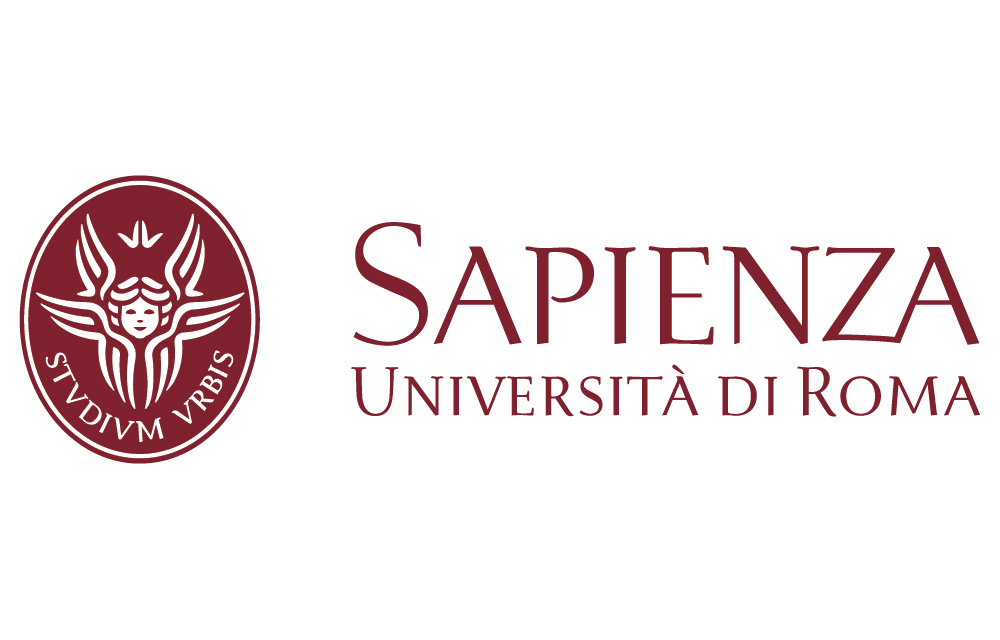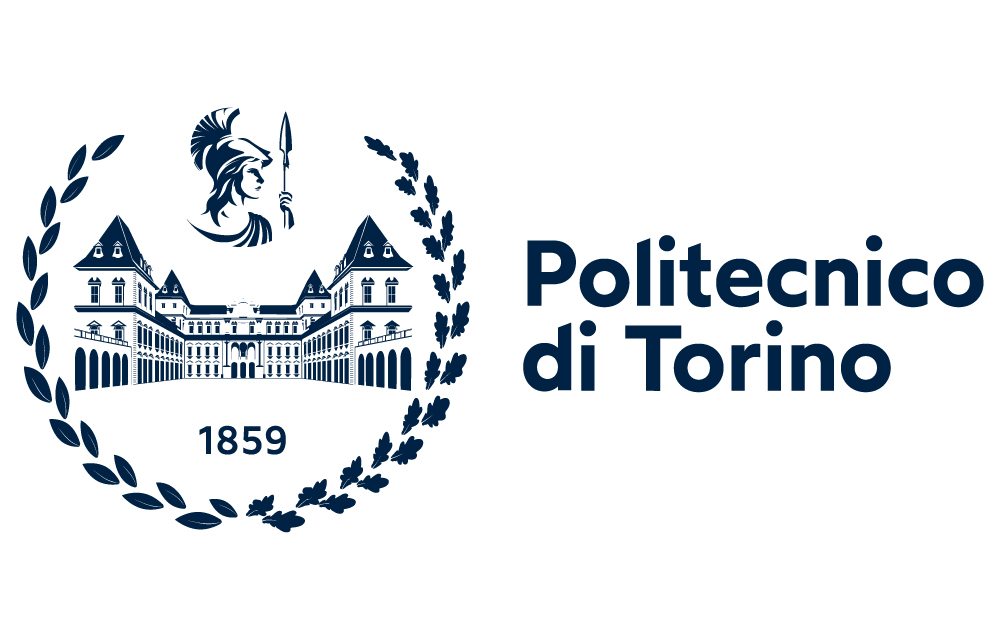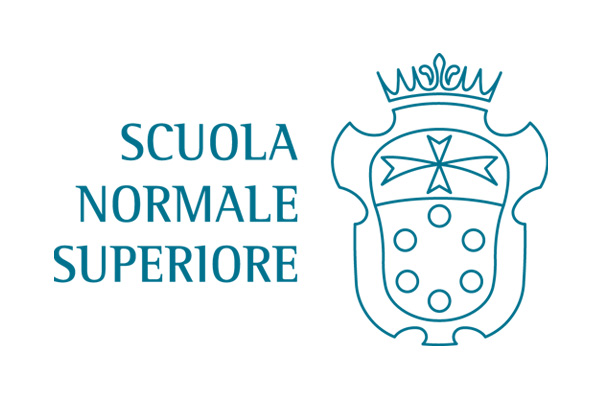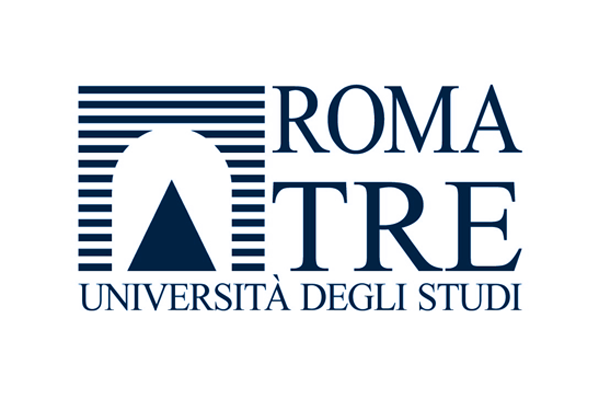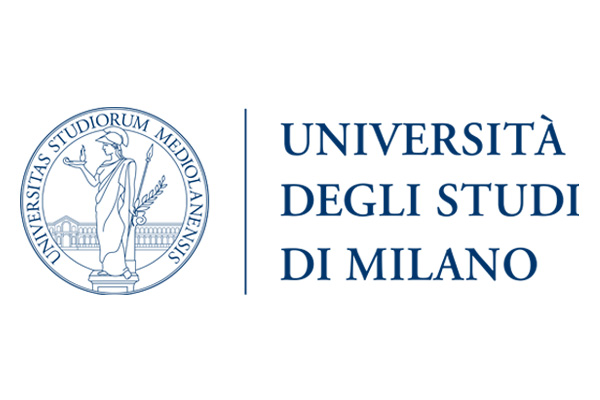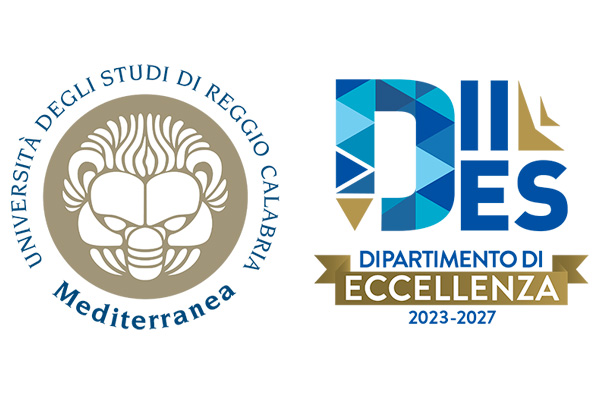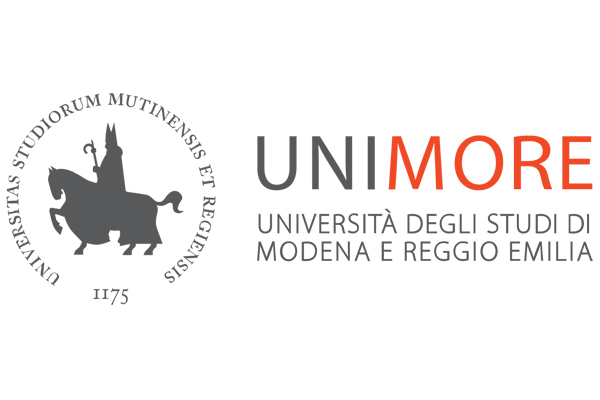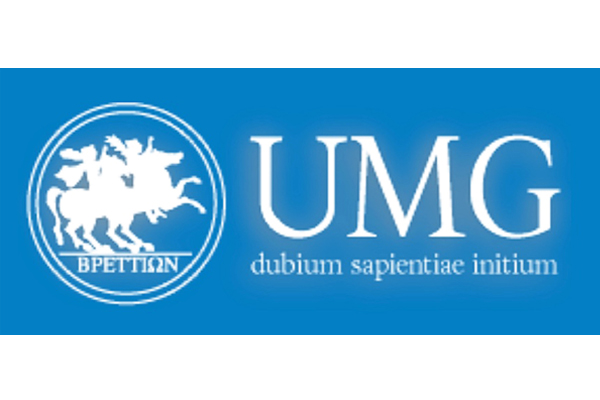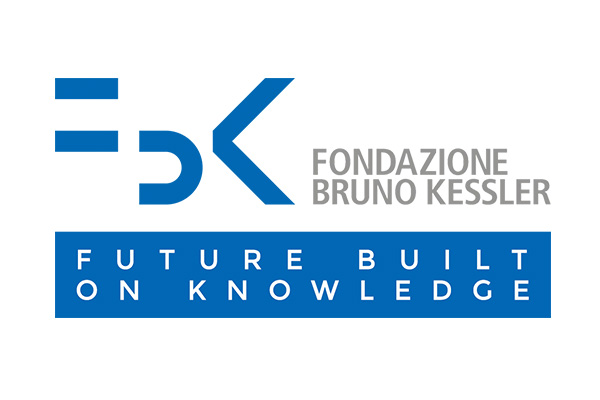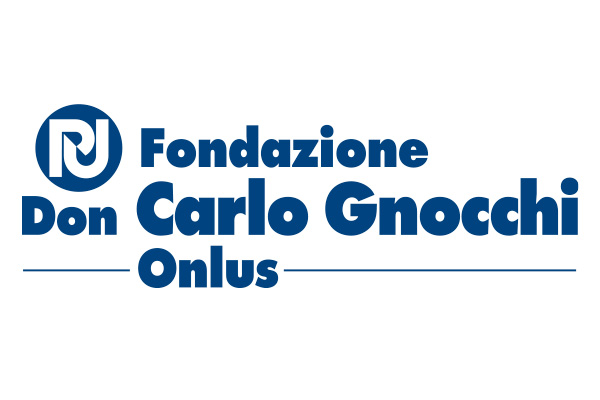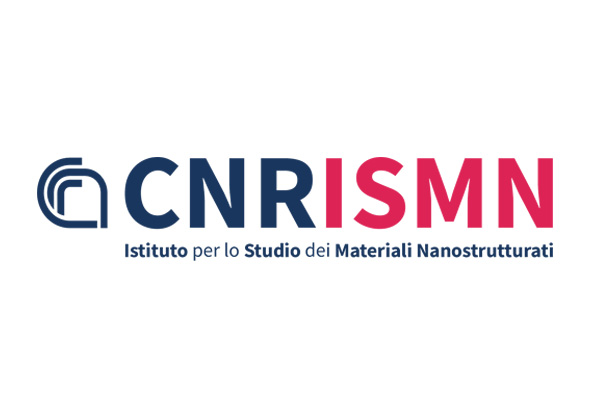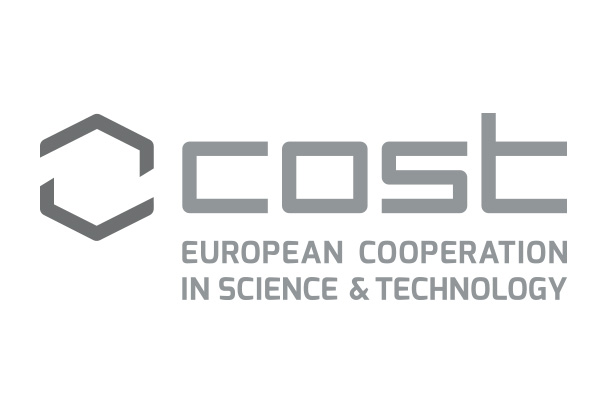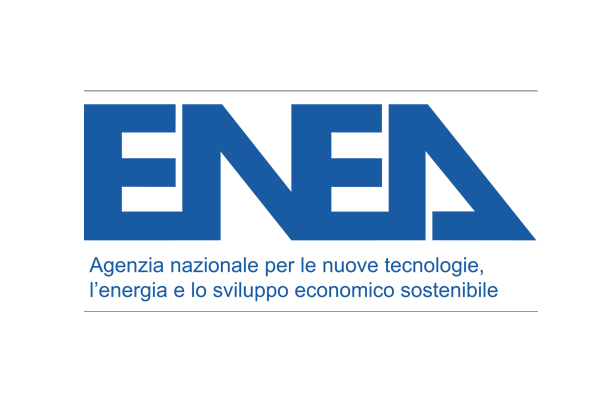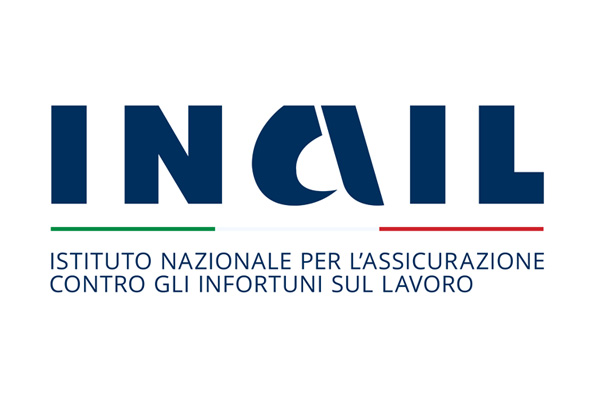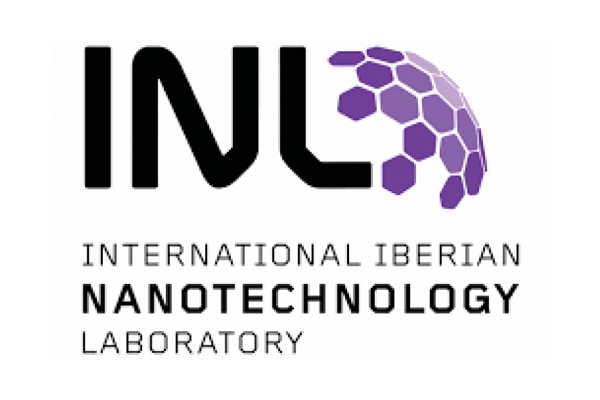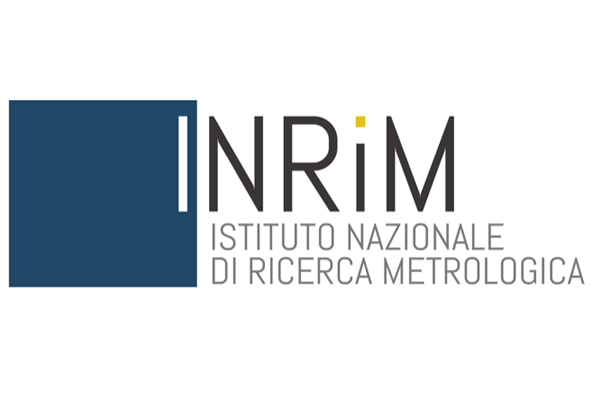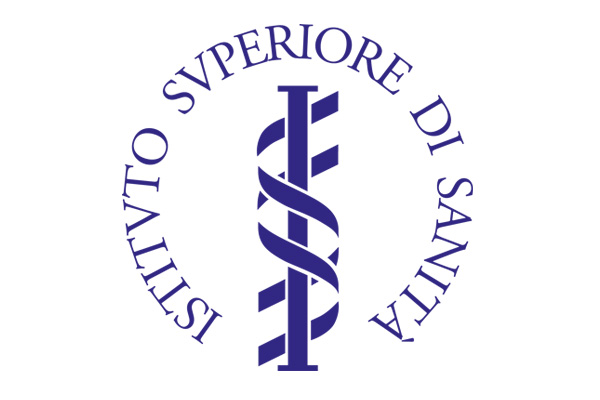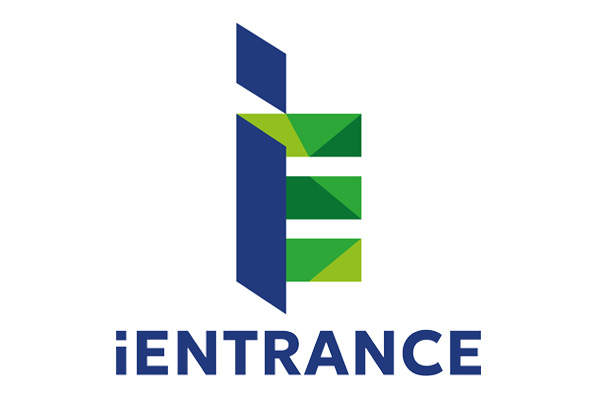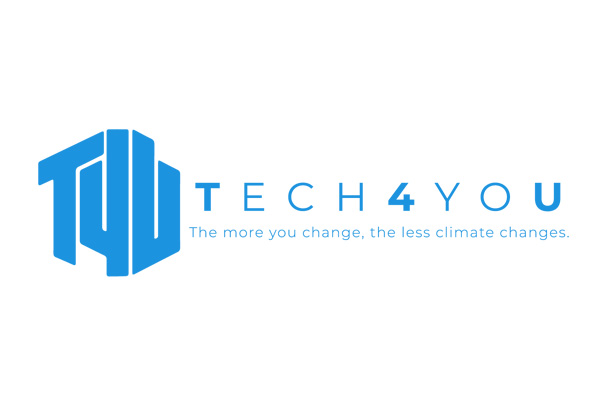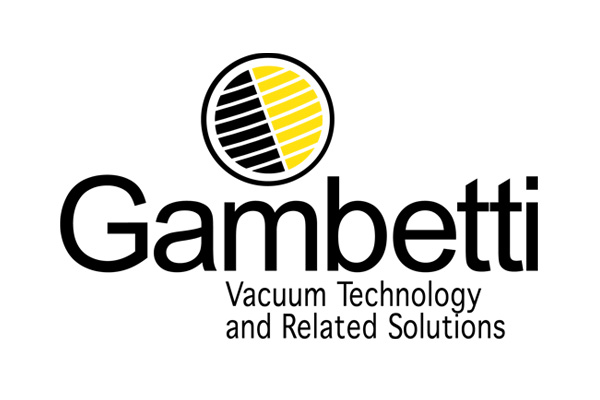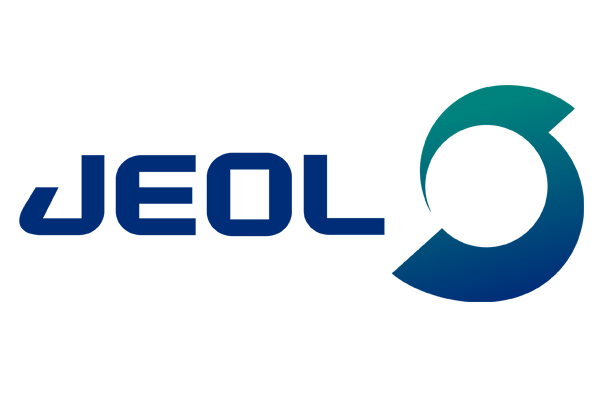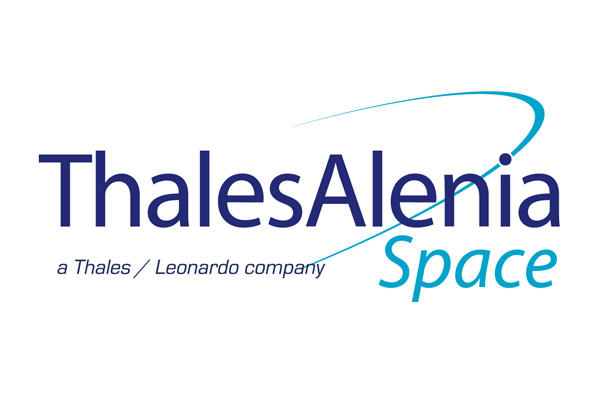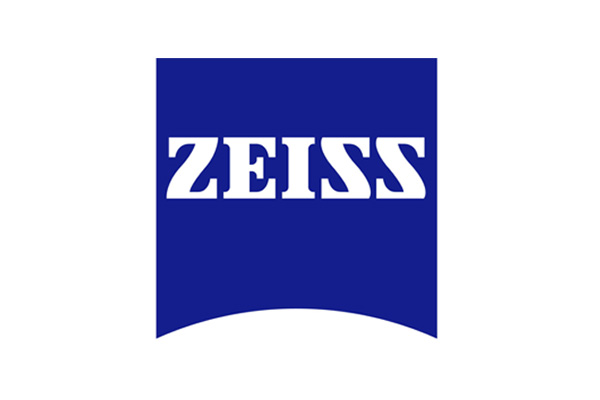|
WS.II INNOVATIVE MATERIALS and ENABLING TECHNOLOGIES for a SUSTAINABLE FUTURE 17 September |
|||
| Co-organized with: | |||
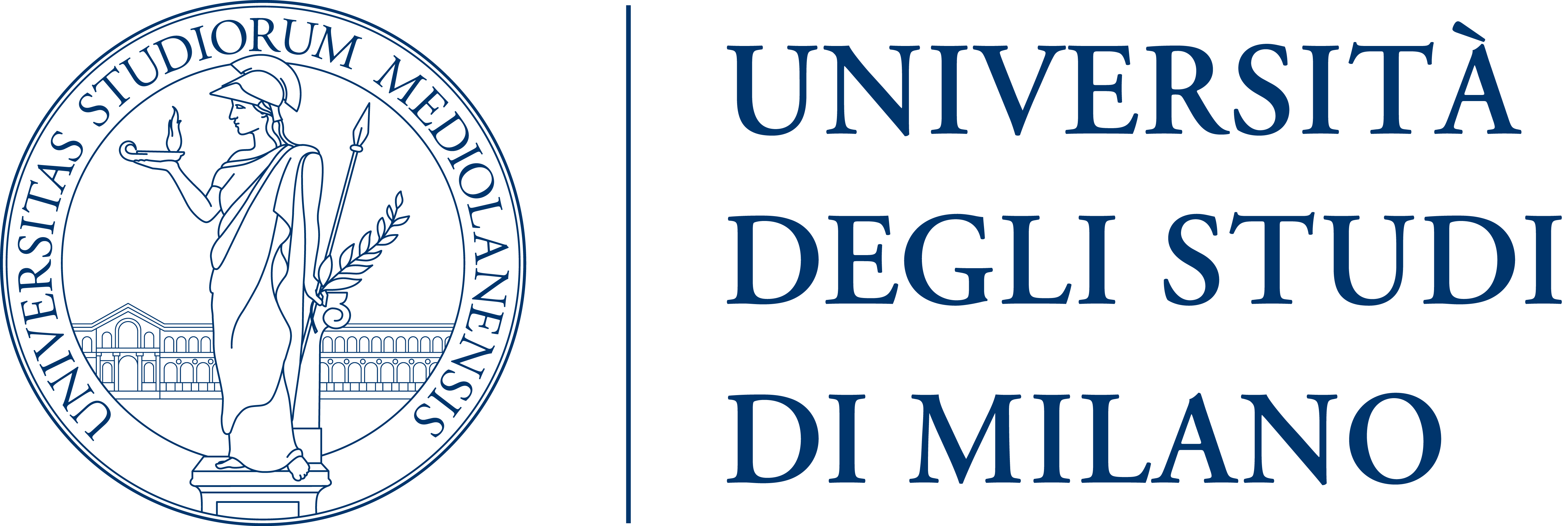 |
|||
|
WORKSHOP COMMITTEE PROGRAMME COMMITTEE |
|||
|
This workshop will highlight recent advances at the intersection of materials science and sustainable process technologies, with a focus on environmental remediation, energy applications, and green chemistry. |
|||
| 17 September | ||||||||
| 09:00 - 10:30 Materials for a Cleaner Planet: Innovation and Sustainability 1/2 WS.II.1 - TT.I.C |
||||||||
|
Chair: Claudia Letizia Maddalena BIANCHI, University of Milan
|
||||||||
|
The first two sessions is dedicated to presenting the latest advancements in the design and application of advanced materials for environmental remediation. With a focus on real-world challenges in water decontamination and energy production, the session will feature high-level presentations from leading experts in materials science, chemistry, and environmental engineering. |
||||||||
| WS.II.1.1 TT.I.C.1 |
Introductive Keynote Regina de Fátima PERALTA MUNIZ MOREIRA - CV Federal University of Santa Catarina,Florianópolis, SC, Brazil Potential of Industrial Waste-Based Geopolymers: Innovations in Environmental Applications and Catalytic Systems |
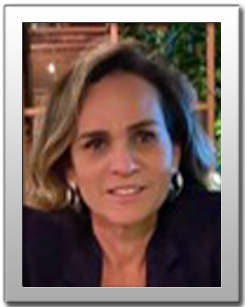 |
||||||
| WS.II.1.2 TT.I.C.2 |
Ridha DJELLABI - CV Alfaisal University, Riyadh, Saudi Arabia Passive solar steam generation for environmental remediation and H2 production |
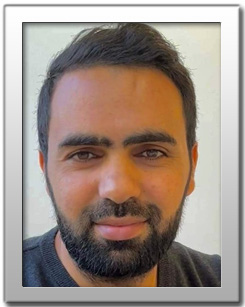 |
||||||
| 11:30 - 13:00 Materials for a Cleaner Planet: Innovation and Sustainability 2/2 WS.II.2 - TT.II.C |
||||||||
| Chair: Regina de Fátima PERALTA MUNIZ MOREIRA - CV, Federal University of Santa Catarina, Brazil | ||||||||
|
The first two sessions is dedicated to presenting the latest advancements in the design and application of advanced materials for environmental remediation. With a focus on real-world challenges in water decontamination and energy production, the session will feature high-level presentations from leading experts in materials science, chemistry, and environmental engineering. |
||||||||
| WS.II.2.1 TT.II.C.1 |
Introductive Keynote Ermelinda FALLETTA - CV Università degli Studi di Milano, Italy Floating Photocatalysts: innovative solar-driven materials for sustainable water remediation. A small step for a big help to vulnerable communities |
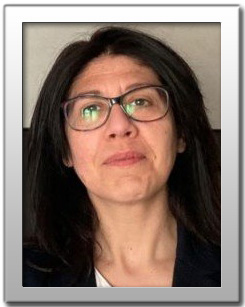 |
||||||
| WS.II.2.2 TT.II.C.2 |
Alessia GIORDANA - CV Università degli Studi di Torino, Italy The use of metal phosphates as photocatalyst for environmental application |
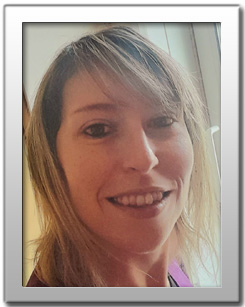 |
||||||
| WS.II.2.3 TT.II.C.3 |
Carlo PIROLA - CV Università degli Studi di Milano, Italy Air purification from organic pollutants by activated carbons and their in situ photoregeneration |
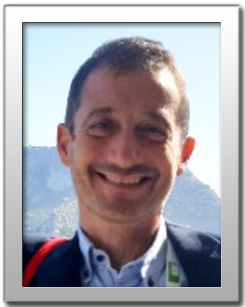 |
||||||
| 14:00 - 15:30 Harnessing Ultrasound: from Cavitation Science to scalable technologies 1/2 WS.II.3 - TT.III.C |
||||||||
| Chair: Roberto GIANNANTONIO - CV, Nanoshuttle srl | ||||||||
|
The following two sessions will explore the transformative potential of ultrasounds in enabling greener, more efficient chemical processes and materials synthesis. |
||||||||
| WS.II.3.1 TT.III.C.1 |
Introductive Keynote Daria Camila BOFFITO - CV Polytechnique Montréal, Québec, Canada Ultrasound-driven chemical processes: from lab scale to commercial applications |
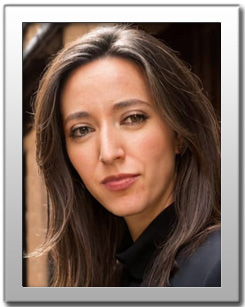 |
||||||
| WS.II.3.2 TT.III.C.2 |
Melissa Greta GALLONI - CV Università degli Studi di Milano Comparative performance of ultrasonic reactors configurations for ibuprofen removal |
 |
||||||
| WS.II.3.3 TT.III.C.3 |
Alessandro DI MICHELE - CV Università degli Studi di Perugia Sonochemical and mechanochemical as green routes for the preparation of nano layered double hydroxides |
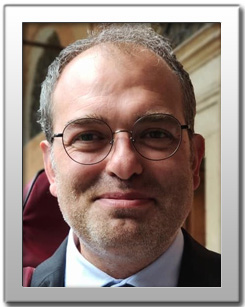 |
||||||
| 16:00 - 17:30 Harnessing Ultrasound: from Cavitation Science to scalable technologies 2/2 WS.II.4 - TT.IV.C |
||||||||
| Chair: Ermelinda FALLETTA - CV, University of Milan | ||||||||
| The following two sessions will explore the transformative potential of ultrasounds in enabling greener, more efficient chemical processes and materials synthesis. Drawing on recent advances in sonochemistry and cavitation science, the session will bring together top experts and researchers to present high-level insights into the current state of the art, from fundamental mechanisms to practical applications. Topics will include ultrasound-assisted synthesis of nanomaterials, catalytic processes, and wastewater treatment — all under the lens of sustainability and process intensification. By showcasing scalable strategies and novel reactor designs, the workshop will highlight how ultrasound is reshaping traditional approaches to chemistry and materials engineering. Designed to foster dialogue across disciplines, this session invites contributions from academia and industry alike, creating a platform for discussion on how to accelerate the adoption of ultrasonic technologies in real-world contexts. Attendees will engage with experts through in-depth presentations and interactive Q&A sessions, gaining a deeper understanding of the challenges, opportunities, and future directions in this rapidly evolving field. |
||||||||
| WS.II.4.1 TT.IV.C.1 |
Introductive Keynote Roberto GIANNANTONIO - CV Nanoshuttle srl Turning cavitation into a business opportunity |
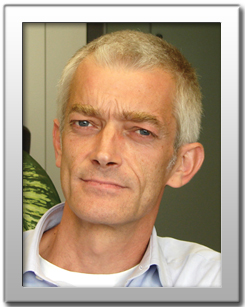 |
||||||
| WS.II.4.2 TT.IV.C.2 |
Maela MANZOLI - CV Università degli Studi di Torino, Italy Exploiting Ultrasound for the synthesis of nanomaterials: effect on particle dispersion, morphology and crystallinity |
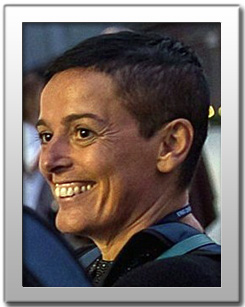 |
||||||
| Back to Overview | Go to Plan 17 September | ||

